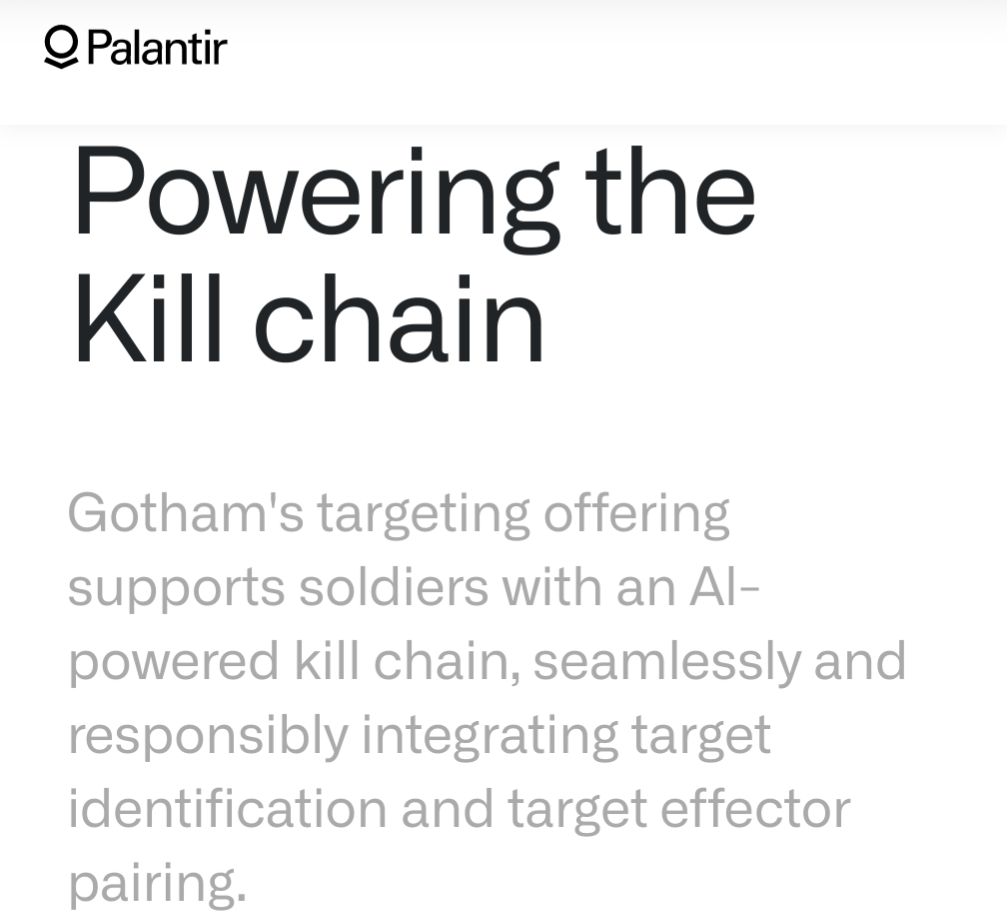Quoting a phrase from an internal email out of context makes you seem disingenuous. The emails that were stolen show people being mean, but it also shows that they were consistently not rigging anything. Or does someone making a shitty suggestion and then a higher ranking member of the party saying “no” not fit the narrative your drawing? Or that the only time they talked about financial schemes was after the Sanders campaign alleged misconduct?
In context, Sanders told CNN that if he was elected, she would no longer be the chair person. The internal comment was “this is a silly story. Sanders isn’t going to be president” at a time where he was already loosing.
Debbie Wasserman Schultz has to resign.
She did. Eight years ago.
Tldr, party leadership preferred Clinton over Obama. Turns out that preference without misconduct doesn’t have much impact.
you refer to a 76 year old career politician like Sanders as a new person.
Oh please. It’s even in the bit that you quoted: new to the party. I act like he was new to the party because he was, and his campaign was run by people who didn’t know the party structures. When their inexperience with the party tools led to them not taking advantage of them, they cried misconduct for the other campaigns knowing about them.





Do you think that source contradicts what I said?
Shocking. She didn’t speak kindly of a person who publicly attacked her, and opted to leave the story alone instead of doing anything.
Same information, but cast with additional context
Most of the shocking things mentioned in the emails were only mentioned, and are then dismissed.
Your mistaking opinions and preference bias, which all people have, for unfair bias. Do you actually expect that the people who run a political party don’t have an opinion about politics?
The coin thing didn’t happen.. At best she won six out of a dozen, which is what you would expect. The reality is more complicated.
You grossly mischaracterize the agreement.
From the article:
In other words, her campaign agreed to give the DNC money to prepare for the general election, and in exchange they got to look at those preparations.
This was definitely the Clinton campaign assuming she would be the candidate, but it’s not exactly a smoking gun for financial impropriety regarding the primary.
Honestly, if your campaign can’t find a lawyer or accountant who can understand campaign finance management, you probably actually shouldn’t be in charge of a country. The financial arrangements weren’t particularly obtuse or obfuscated for moving millions of dollars between multiple political entities in multiple states.